Environmental justice for refugees in host countries
A part one in a feature series on the environment-displacement nexus, this blog examines how Syrian refugees are disproportionately harmed by air and water pollution in Lebanon.

A part one in a feature series on the environment-displacement nexus, this blog examines how Syrian refugees are disproportionately harmed by air and water pollution in Lebanon.
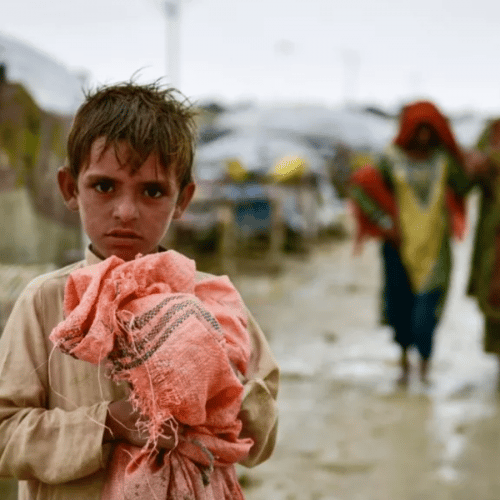
Two seemingly unrelated global events in September – the devastating floods in Pakistan and the Russian closure of the Nord Stream 1 gas pipeline – intersect on the issue of funding for humanitarian relief. This blog examines the impact of the Ukraine war on donor priorities.

This blog explores the opportunities and challenges associated with Muslim philanthropy and Islamic social finance as a source of humanitarian financing.
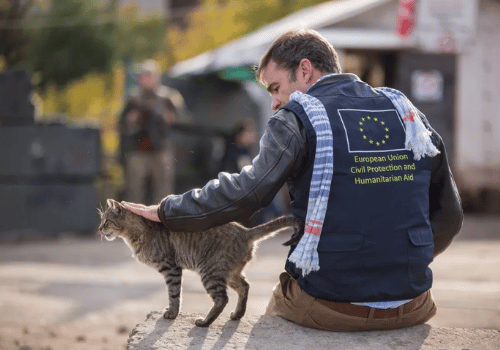
Currently little academic attention is paid to pets and war. This blog explores how the care for animals is rapidly becoming a part of the humanitarian narrative of the attack on Ukraine and provides a starting point for further discussion on this topic.
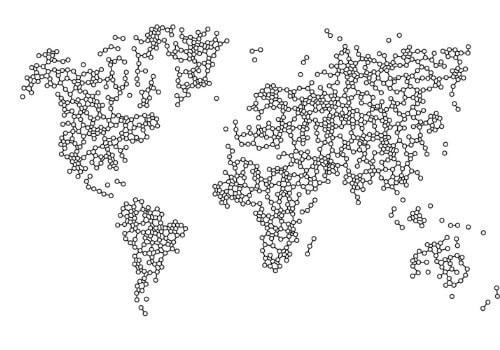
Data play an increasingly important role in response efforts. This blog examines data and definitions, and expectations and standards – and why they matter for more effective humanitarian response.

This blog examines findings related to forced migration, displacement and resettlement from the latest assessment report by the UN’s Intergovernmental Panel on Climate Change, released in February 2022.

With the world’s eyes focused on Putin’s war on Ukraine, this war – as any other – is also profoundly gendered. This blog discusses what type of gendered interplay we are seeing in Ukraine as the war unfolds.
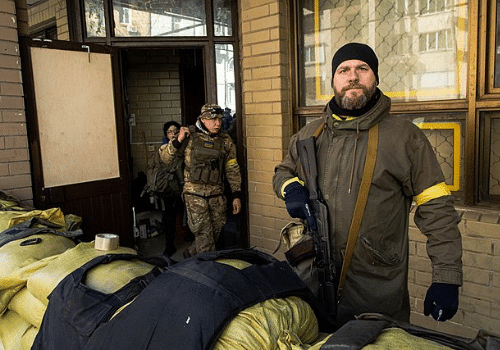
This blog examines the hasty militarisation of Europe in response to Putin’s invasion of Ukraine and points to the humanitarian racism and global rise of Russophobia exposed by the response to the war.

This blog discusses the humanitarian aspects of Putin’s invasion to Ukraine and the urgent need to engage in humanitarian diplomacy.

This blog examines the impact of security and humanitarian dynamics in Mexico and the resulting construction of a humanitarian border. Published in Spanish only.
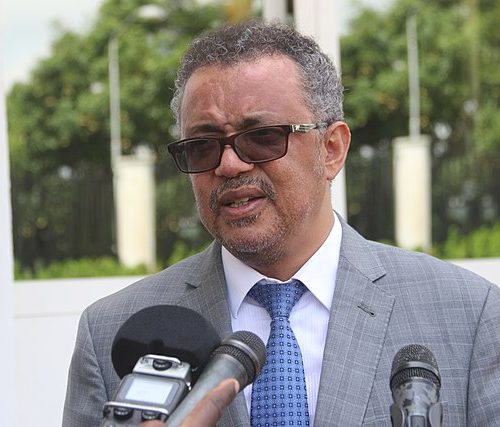
This blog reflects on a challenge often faced by humanitarians, namely to speak up or stay silent about abuses by member states against norms and laws.
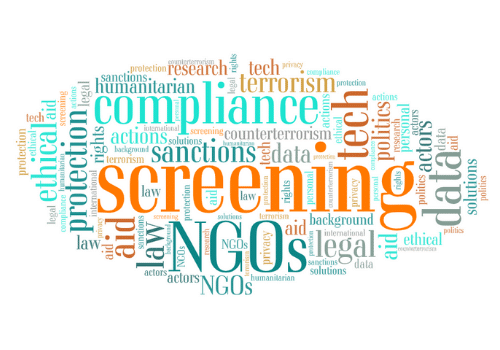
This blog discusses ‘screening’ as an activity conducted by larger international NGOs that receive funding from governmental donors with conditional clauses to prevent financing terrorism.